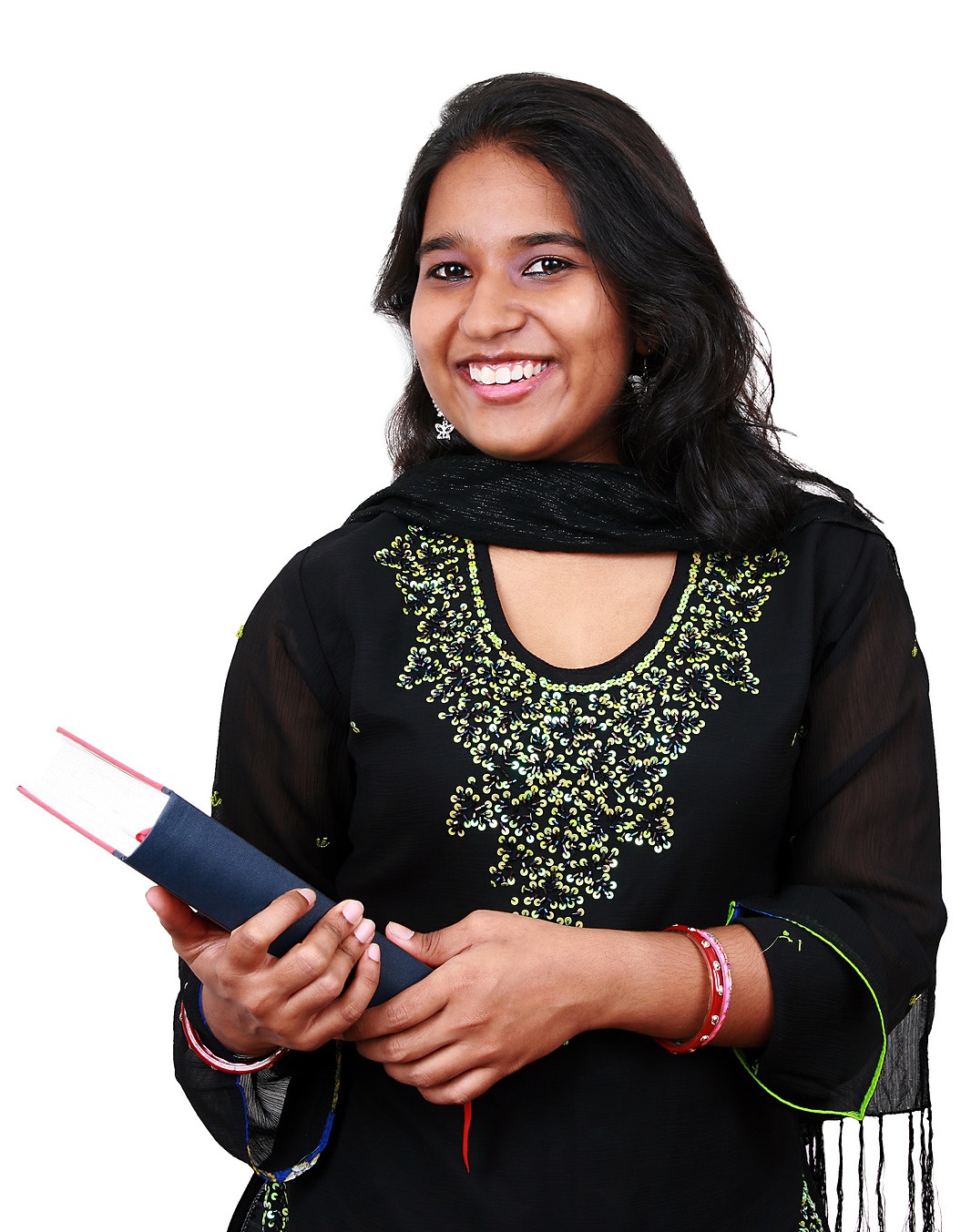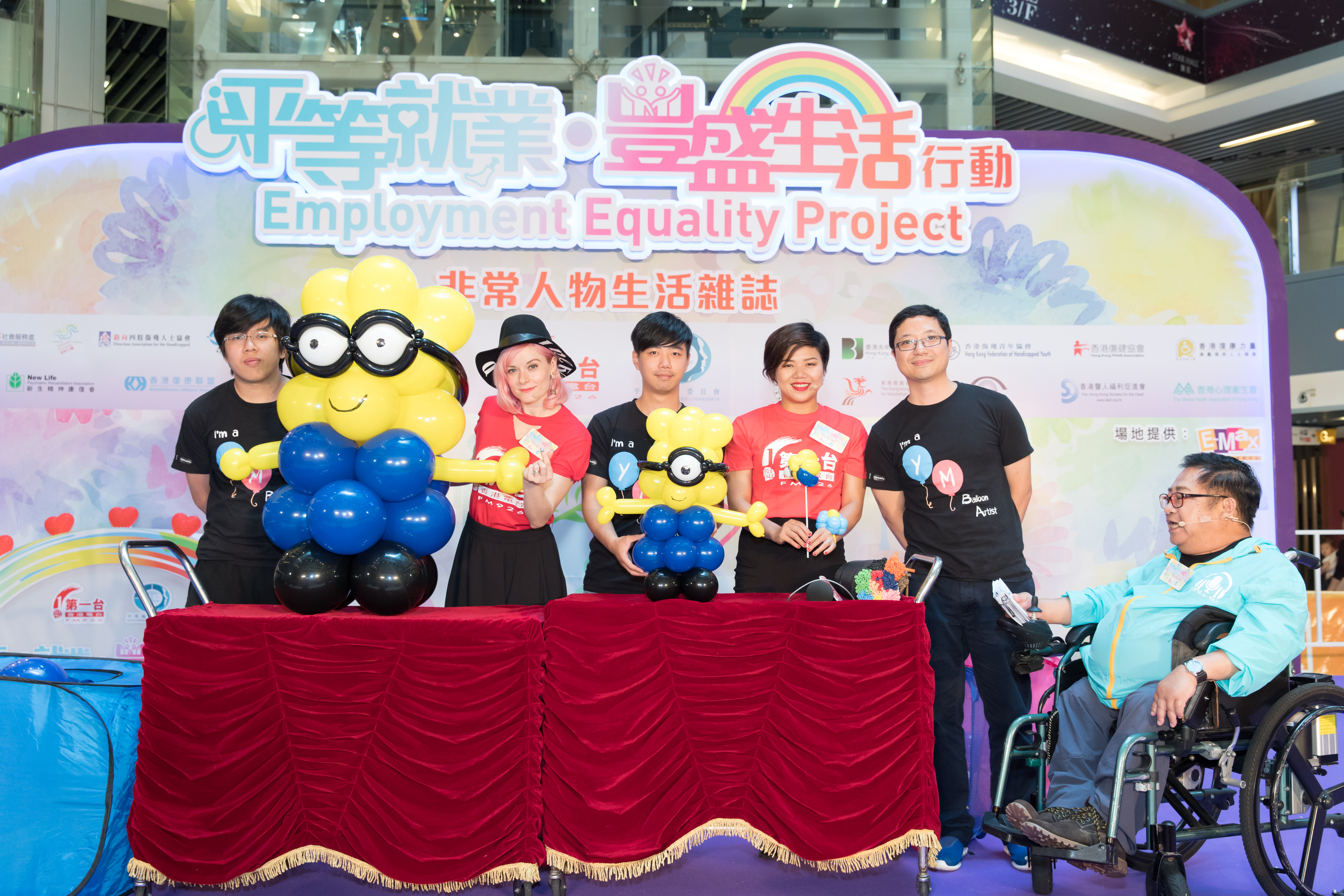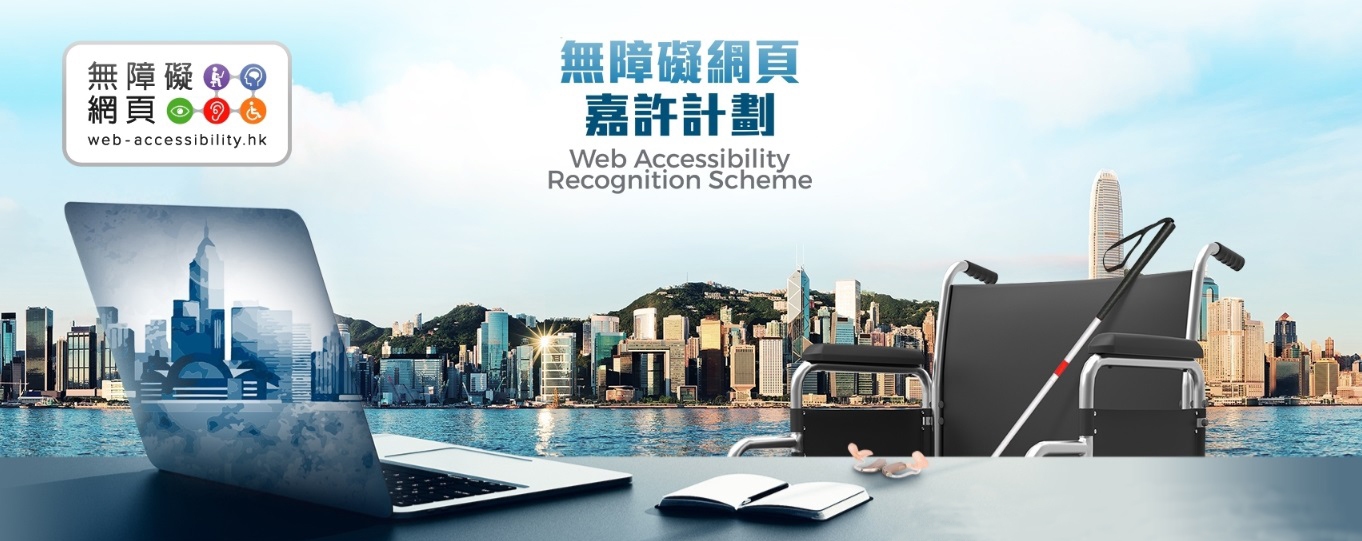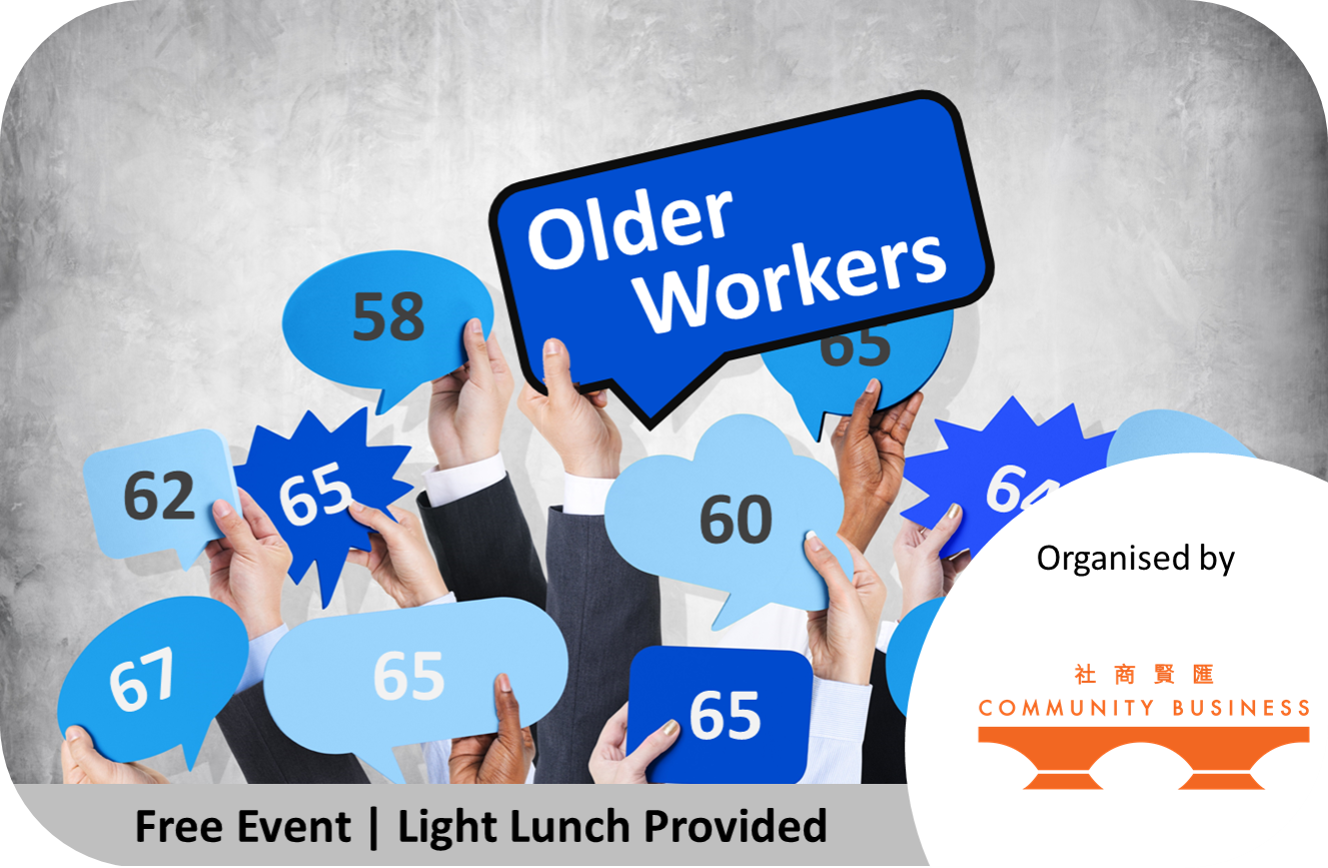|
  | |
Tel: 2511 8211 / Fax: 2511 8142 / SMS: 6972566616538 |
News from the EOC
Issue 188 | 22 June 2018 |
中文版

The Constitutional and Mainland Affairs Bureau (CMAB) submitted a paper to the Legislative Council’s Panel on Constitutional Affairs today (22 June 2018) with an outline of the Discrimination Legislation (Miscellaneous Amendments) Bill currently under drafting by the Department of Justice, and confirmed its plan to submit the bill to the Legislative Council by the end of 2018.
The Bill will implement eight recommendations of priority in the EOC’s submission on the Discrimination Law Review (DLR), including the introduction of an express provision prohibiting direct and indirect discrimination of the ground of breastfeeding, the extension of protection from sexual, racial and disabilility harassment to persons in a common workplace, and the repealing of provisions under current legislation that require proof of intention to discriminate in order to award damages for indirect discrimination claims.
EOC Chairperson, Professor Alfred CHAN Cheung-ming, said, “We are encouraged to learn that the Government is taking forward some of our recommendations with a planned timeline. However, we remain concerned at the delay in introducing a Bill, and that many of our other priority recommendations under the DLR are not currently being taken forward by the Government, such as introducing a distinct duty to provide reasonable accommodation for persons with disabilities (in education, employment, disposal of premises, as well as the provision of goods, services and facilities); expanding protections from racial discrimination to cover Government functions; or ensuring that women have a right to return to work after maternity leave. A comprehensive reform is essential to rooting out entrenched discriminatory practices and promoting equal opportunties for all in society.”
Read the EOC's submission to the Government on the Discrimination Law Review
Read CMAB’s submission to LegCo
*********************************************

Making up 8% of the Hong Kong population, ethnic minorities (EM) are one of the disadvantaged groups the EOC is committed to empowering through outreach, corporate training, and advocacy. EM women, in particular, may be doubly marginalised as they find themselves on the receiving end of both racism and sexism. The issue was the focus of discussion at a recent meeting of the Legislative Council’s Subcommittee on Rights of Ethnic Minorities on 5 June 2018, to which the EOC submitted a paper detailing its views and recommendations.
According to the 2016 Population By-census, 76.5% of the EM population are female. The first step towards addressing their needs, the EOC believes, is to understand that EM women, and indeed EM communities in general, cannot be lumped into one homogeneous group. Nepalis and Pakistanis, for instance, often fall under the broad “South Asian” umbrella in local discourse, when in fact there are significant differences between them: while 63.2% of Nepalese women in Hong Kong are in employment, the labour force participation rate among Pakistani women is much lower – at 19% – partly because of traditional beliefs that deter them from stepping out of the house, and also because of larger household sizes which translate into heavier homemaking and child-rearing burdens. Meanwhile, foreign domestic workers (FWDs), mostly coming from the Philippines and Indonesia, are in a situation all their own, as they are hired as live-in helpers and exposed to greater risks of sexual harassment and pregnancy discrimination.
Such cultural specificities call for tailored intervention measures rather than a broad-brush approach. The EOC therefore recommends an assortment of policies, such as providing additional funds to NGOs for enhancing childcare facilities targeted at Pakistani mothers, raising awareness of existing support services for victims of domestic abuse through the right channels (e.g. reaching out to Nepalese women through community centres where they work or visit frequently), and granting an exception for FDWs who have been unfairly dismissed and staying in the city for a pending case to continue to access public healthcare. Only when we heed the diverse needs of different EM communities can we begin to build a truly inclusive society.
Read the EOC’s submission in full
Learn about EMbRACE, the EOC’s campaign to promote racial equality
Read the EOC’s “Guide for Foreign Domestic Helpers and Their Employers”
*********************************************

The EOC has released a two-part video on its YouTube channel featuring highlights from a recent public event under its “Employment Equality Project”, co-organised with Radio Television Hong Kong Radio 1 on 19 May at Kowloonbay International Trade & Exhibition Centre to celebrate the talents of people with disabilities (PWDs) and promote equal employment opportunity.
The event presented a vibrant programme that wowed the audiences from beginning to end, including a powerfully choreographed dance by Shine Dancing Group, formed by students with special needs from Rotary Club of Hong Kong Island West Hong Chi Morninghope School; a touching singing performance by blind musician Michelle SIU Hoi-yan; and a stunning balloon art show by trainees with hearing impairment from the social enterprise, YM Balloon, joined by local artistes Corinna CHAMBERLAIN and TANG Siu-hau.

As Professor Alfred CHAN Cheung-ming, Chairperson of the EOC recounted in his article in
am730 on 13 June 2018, the message of inclusion had been incorporated into the very design of the event, which aimed to educate the public about the limitless potential of PWDs and the valuable contribution they could make to businesses and organisations. Indeed, recognising PWDs for their diverse talents will go a long way towards elevating their employability and advancing our society as a whole.
Watch the video on YouTube (Chinese only)
Read Prof Chan’s article in am730
*********************************************

Hong Kong has one of the world’s highest personal computer (PC) and mobile phone penetration rates, with over 80% households having installed a PC at home and each person owning more than two mobile devices on average, according to the Census and Statistics Department and the Office of the Communications Authority. Whether connected via laptops, smartphones or game consoles, we increasingly look to the Internet for news, information, entertainment and socialising with people. But when content on these platforms is not designed to be accessible to people with disabilities (PWDs), the fun, the knowledge and the sense of community they bring remains a privilege not enjoyed by all in society. Companies also risk losing a sizable chunk of their market, as they fail to communicate the appeal of their products and services to people with visual or hearing impairment, or those with physical disabilities.
To encourage local enterprises and organisations to enhance the accessibility of their websites and mobile applications, Hong Kong Internet Registration Corporation Limited has rolled out the 2018 Web Accessibility Recognition Scheme, co-organised by the Office of Government Chief Information Officer (OGCIO), with the EOC serving as an independent advisor. Consisting of two streams, namely, Website and Mobile App, the scheme is now open for application until 7 September 2018. Results will be announced in November 2018, and winners can place an exclusive logo on their marketing channels to further raise awareness of web accessibility while projecting a positive corporate image.
Learn about award categories and join the scheme
Read OGCIO’s Web Accessibility Handbook
*********************************************

Hong Kong has one of the oldest populations in the world. At the same time, many employers face chronic skills shortages. More and more employers are reconciling this by recruiting and retaining people of all ages, including, naturally, the older generation. Equipped with unique talents, skills and experiences, older workers are proving to be valuable assets to many businesses as they mentor younger staff, share their knowledge and contribute to special projects. Indeed, some would even consider delaying retirement if offered the chance to work more flexibly or to take on new roles in the hopes of continuing a fulfilling life.
To further explore why and how employing older workers makes business sense, Community Business will host a panel discussion entitled “The Business Case for Multi-Generational Workforces” on 26 June 2018, from 12:30 – 2:30pm at Thomson Reuters, 18/F, ICBC Tower, 3 Garden Road, Central. EOC Chairperson, Professor Alfred CHAN Cheung-ming will be present to deliver a keynote speech, along with other guest speakers who will share best practices for employers looking for ways to mobilise talent, drawing on case studies from Hong Kong, Asia and Europe.
The event will be conducted in English. Registration is required but free of charge. Light lunch will be provided.
See the speaker line-up and register now
*********************************************
Visit our website or download the EOC mobile app (Apple App Store / Google Play) to stay updated on the EOC’s work and positions, and to review our press releases and calendar training. Also, stay tuned on other equal opportunities issues and community initiatives by visiting our community resources and community events pages for information from our community partners, including publications, survey reports, publicity campaigns, and upcoming conferences.


 The Constitutional and Mainland Affairs Bureau (CMAB) submitted a paper to the Legislative Council’s Panel on Constitutional Affairs today (22 June 2018) with an outline of the Discrimination Legislation (Miscellaneous Amendments) Bill currently under drafting by the Department of Justice, and confirmed its plan to submit the bill to the Legislative Council by the end of 2018.
The Constitutional and Mainland Affairs Bureau (CMAB) submitted a paper to the Legislative Council’s Panel on Constitutional Affairs today (22 June 2018) with an outline of the Discrimination Legislation (Miscellaneous Amendments) Bill currently under drafting by the Department of Justice, and confirmed its plan to submit the bill to the Legislative Council by the end of 2018. Making up 8% of the Hong Kong population, ethnic minorities (EM) are one of the disadvantaged groups the EOC is committed to empowering through outreach, corporate training, and advocacy. EM women, in particular, may be doubly marginalised as they find themselves on the receiving end of both racism and sexism. The issue was the focus of discussion at a recent meeting of the Legislative Council’s Subcommittee on Rights of Ethnic Minorities on 5 June 2018, to which the EOC submitted a paper detailing its views and recommendations.
Making up 8% of the Hong Kong population, ethnic minorities (EM) are one of the disadvantaged groups the EOC is committed to empowering through outreach, corporate training, and advocacy. EM women, in particular, may be doubly marginalised as they find themselves on the receiving end of both racism and sexism. The issue was the focus of discussion at a recent meeting of the Legislative Council’s Subcommittee on Rights of Ethnic Minorities on 5 June 2018, to which the EOC submitted a paper detailing its views and recommendations. As Professor Alfred CHAN Cheung-ming, Chairperson of the EOC recounted in his article in am730 on 13 June 2018, the message of inclusion had been incorporated into the very design of the event, which aimed to educate the public about the limitless potential of PWDs and the valuable contribution they could make to businesses and organisations. Indeed, recognising PWDs for their diverse talents will go a long way towards elevating their employability and advancing our society as a whole.
As Professor Alfred CHAN Cheung-ming, Chairperson of the EOC recounted in his article in am730 on 13 June 2018, the message of inclusion had been incorporated into the very design of the event, which aimed to educate the public about the limitless potential of PWDs and the valuable contribution they could make to businesses and organisations. Indeed, recognising PWDs for their diverse talents will go a long way towards elevating their employability and advancing our society as a whole. Hong Kong has one of the world’s highest personal computer (PC) and mobile phone penetration rates, with over 80% households having installed a PC at home and each person owning more than two mobile devices on average, according to the Census and Statistics Department and the Office of the Communications Authority. Whether connected via laptops, smartphones or game consoles, we increasingly look to the Internet for news, information, entertainment and socialising with people. But when content on these platforms is not designed to be accessible to people with disabilities (PWDs), the fun, the knowledge and the sense of community they bring remains a privilege not enjoyed by all in society. Companies also risk losing a sizable chunk of their market, as they fail to communicate the appeal of their products and services to people with visual or hearing impairment, or those with physical disabilities.
Hong Kong has one of the world’s highest personal computer (PC) and mobile phone penetration rates, with over 80% households having installed a PC at home and each person owning more than two mobile devices on average, according to the Census and Statistics Department and the Office of the Communications Authority. Whether connected via laptops, smartphones or game consoles, we increasingly look to the Internet for news, information, entertainment and socialising with people. But when content on these platforms is not designed to be accessible to people with disabilities (PWDs), the fun, the knowledge and the sense of community they bring remains a privilege not enjoyed by all in society. Companies also risk losing a sizable chunk of their market, as they fail to communicate the appeal of their products and services to people with visual or hearing impairment, or those with physical disabilities. Hong Kong has one of the oldest populations in the world. At the same time, many employers face chronic skills shortages. More and more employers are reconciling this by recruiting and retaining people of all ages, including, naturally, the older generation. Equipped with unique talents, skills and experiences, older workers are proving to be valuable assets to many businesses as they mentor younger staff, share their knowledge and contribute to special projects. Indeed, some would even consider delaying retirement if offered the chance to work more flexibly or to take on new roles in the hopes of continuing a fulfilling life.
Hong Kong has one of the oldest populations in the world. At the same time, many employers face chronic skills shortages. More and more employers are reconciling this by recruiting and retaining people of all ages, including, naturally, the older generation. Equipped with unique talents, skills and experiences, older workers are proving to be valuable assets to many businesses as they mentor younger staff, share their knowledge and contribute to special projects. Indeed, some would even consider delaying retirement if offered the chance to work more flexibly or to take on new roles in the hopes of continuing a fulfilling life.